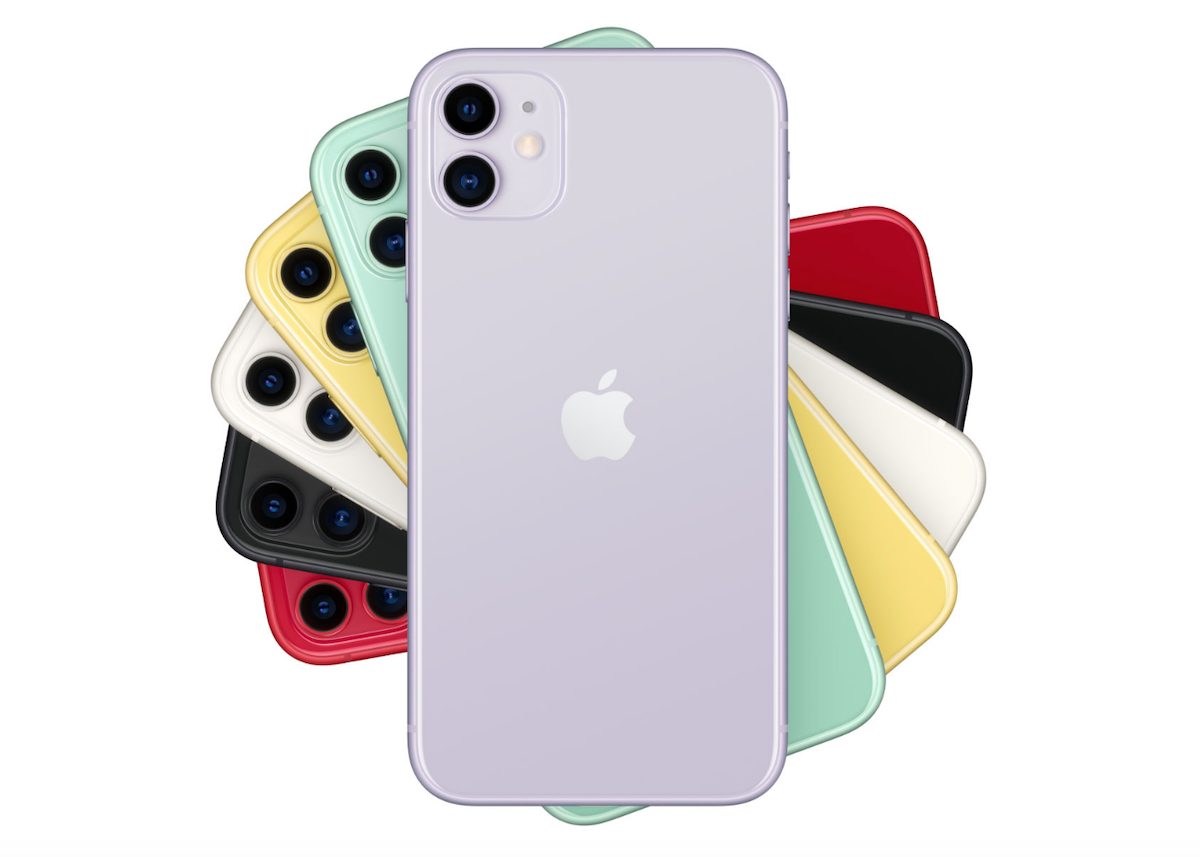A U.S.District Judge Edward Davila in San Jose, California dismissed a class-action lawsuit against Apple that accused it of knowingly selling iPhone and iPad models’ with processors which were vulnerable to two security flaws, Meltdown and Spectre.
In 2018, Meltdown and Spectre cybersecurity flaws were found to affect iOS and macOS devices powered by ARM-based and Intel processors. The vulnerabilities granted hackers access to the device and steal memory contents.

It was claimed by the plaintiffs that Apple knew of the flaws by June 2017, but hide the information from the customers until a New York Times report on the issue. According to Reuters, the plaintiffs argued that they “overpaid” for their devices which slowed down “significantly” after the tech giant patched the vulnerabilities.
Plaintiffs’ failed to prove Apple deliberately hide the Meltdown and Spectre security flaws
In the filing, the plaintiffs argued that when purchasing an Apple product, they relied on the company’s marketing which communicated that its devices were secure and designed with their privacy in mind. As their devices allegedly slowed down, the plaintiff accused the tech giant of falsely advertising that its new processors were faster than its predecessors to charge customers more for defected devices.
However, Judge Davila ruled that plaintiffs were not able to provide evidence that they overpaid for devices that “significantly” slowed down as a result of Apple’s security fixes for Meltdown and Spectre flaws and the tech company’s market was not inaccurate or misleading.

In its defense, Apple’s lawyer argued that similar lawsuits against other manufacturers have been dismissed including Advanced Micro Devices Inc. and Intel.
Davila said the customers did not show they relied on Apple’s marketing, and that the company’s assertions that its products were “secure” and built “with your privacy in mind” were too general to support their claims.
The judge also said it was not false or misleading for Apple to claim that its newer processors were faster and lasted longer than older processors, just because the patches may have degraded performance.
“Plaintiffs have failed to allege an affirmative misrepresentation, an actionable omission, and actual reliance” on misstatements by Apple, Davila wrote.
Judge Davila has granted the plaintiffs till June 30 to refill the case.
Read More: